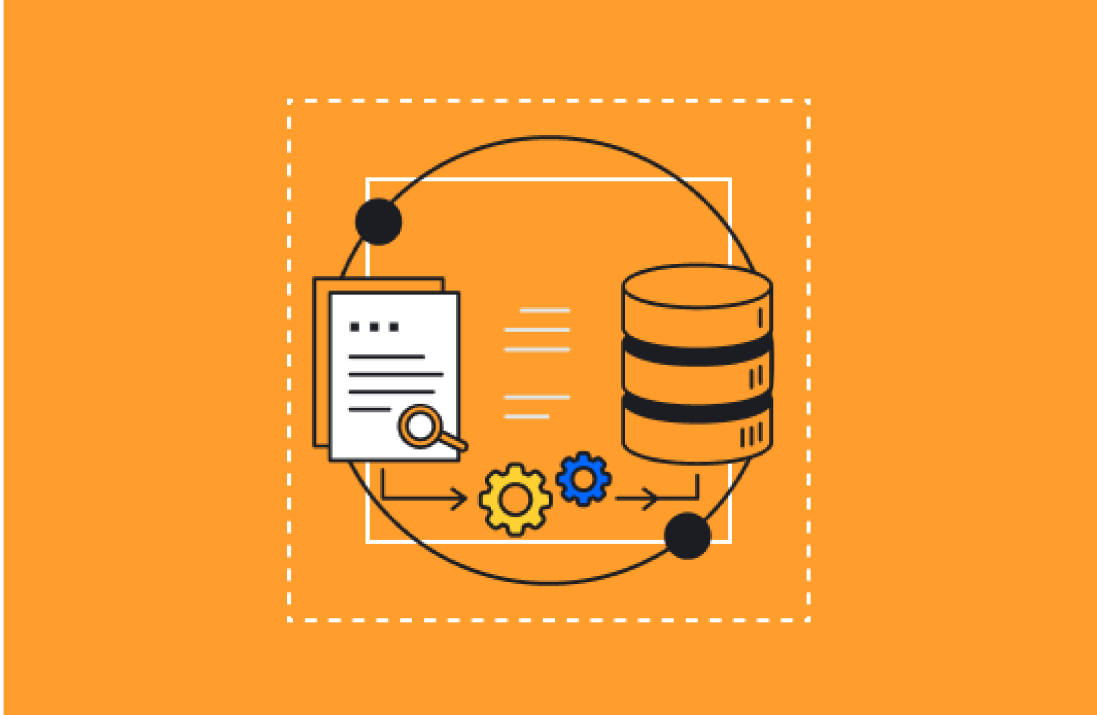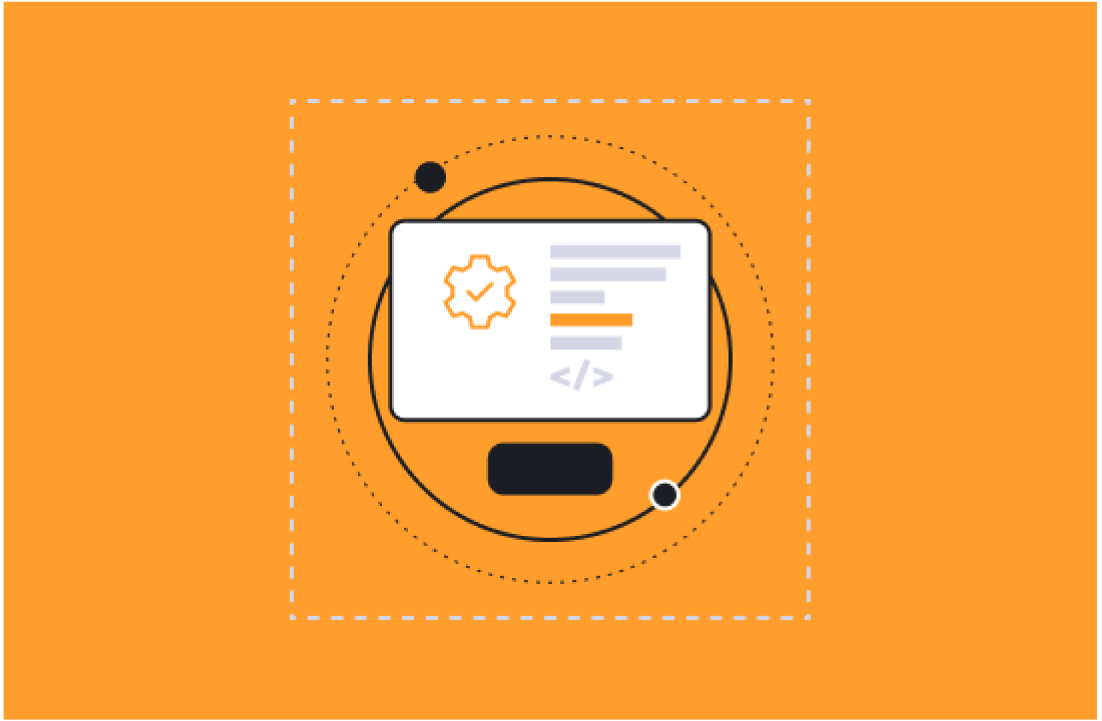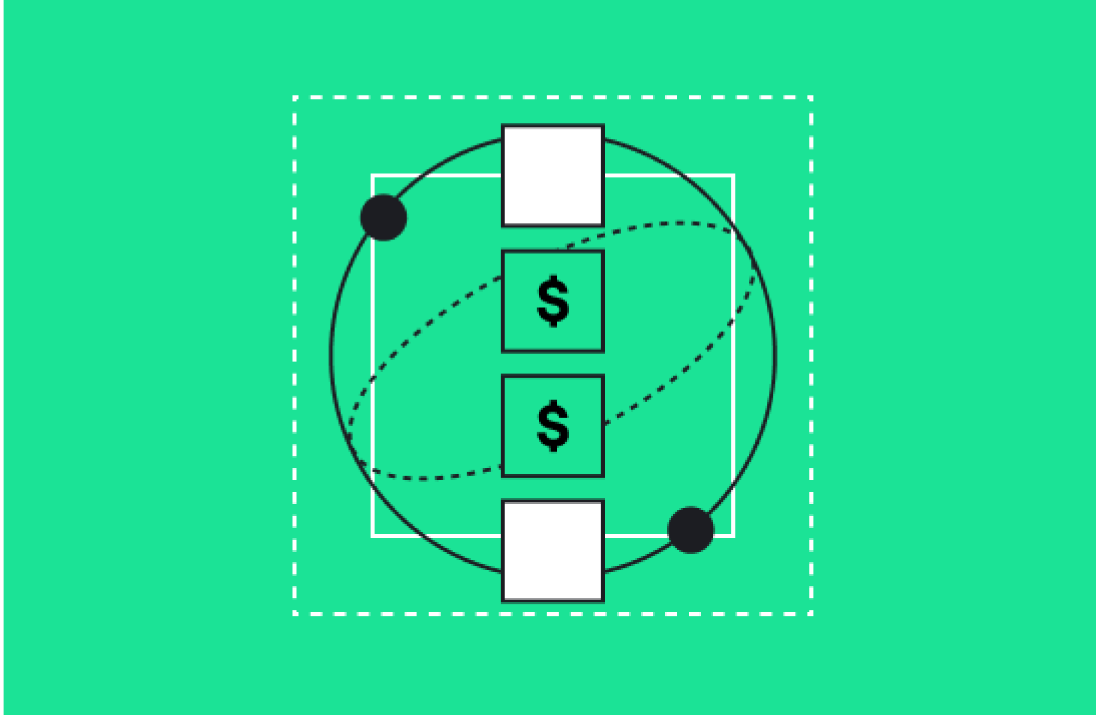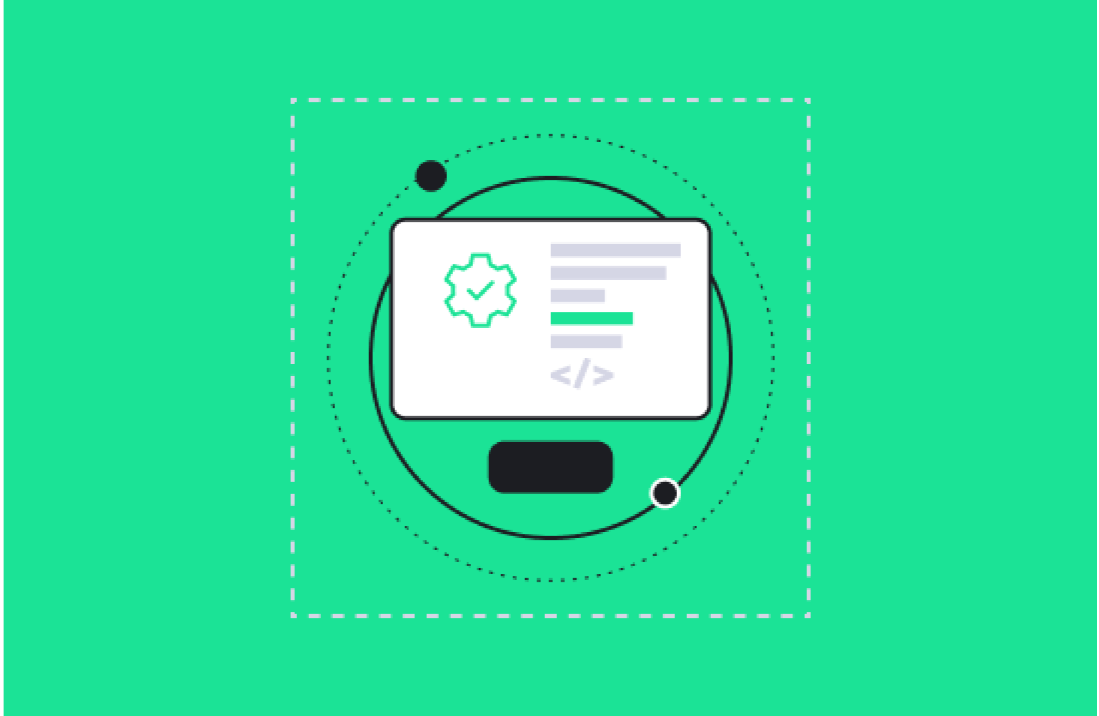Time is money - especially in this competitive market. We are seeing a trend of putting emphasis on action above waiting, in an effort to keep up.
Should we also have this mindset when evaluating our tech stack? Is it better to act now or is it better to wait and see? What is the cost of doing nothing? Do the potential benefits of a new software outweigh the cost of making no changes?
Total Cost of Ownership - HubSpot vs. Salesforce
These are all questions we should be asking. And to truly evaluate these, we’d need to look at the total cost of ownership of such technology. A total cost of ownership evaluation, according to Gartner Glossary, is a comprehensive assessment of information technology (IT) or other costs across enterprise boundaries over time.
Follow along as we take a look at evaluating the TCO of HubSpot and Salesforce and the cost of doing nothing:
Evaluating the Total Cost of Ownership
When evaluating the total cost of ownership of these two CRMs, we need insight into:
- Implementation Costs (training, outsources resources, etc.)
- Management and Support Costs (internal and external resources used)
- Software Costs (any additional tools)
- Utilization costs (ability to gain actionable insights)
Aptitude 8 recently partnered with a research firm, Ascend 2 to conduct some research on this topic. According to the research, “More than just Software Costs: A Look at the Total Cost of Ownership of HubSpot vs. Salesforce” about one-quarter (24%) of all sales and marketing professionals surveyed report that they have no plans to update their tech stack next year.
This doesn’t seem alarming until you also consider that it was found that over half (53%) of those surveyed reported that their CRM could be more effective at helping to achieve their strategic goals.
So over half of those surveyed believe their CRM could be more effective and a quarter have no plans to make adjustments? Why do we think that is?
Well, a staggering 88% of those surveyed agreed that they would be more likely to switch to a new CRM if it was guaranteed to not be a “pain in the ass.” So we’re back to the question - Does the pain of implementing a new, more effective CRM outweigh the total cost of ownership of a less effective CRM?
Here’s what research tells us about the total cost of HubSpot vs. Salesforce.
What Research Tells Us
Implementation:
HubSpot not only takes less time to implement but also requires fewer internal resources to carry out implementation than Salesforce. The cost of external vendors used to implement was similar between the two.
Management & Support:
HubSpot typically requires fewer internal employees to manage than Salesforce. While HubSpot and Salesforce users report similar costs associated with external vendors used to manage their CRM, HubSpot users are more satisfied with those they work with.
Software:
While pricing structures vary, HubSpot and Salesforce users report similar spending on their CRM and associated technology. Interestingly though, HubSpot users feel more strongly than Salesforce users that these software costs are worth the price they pay.
Utilization:
The overwhelming majority of sales and marketing professionals surveyed agree that having access to a comprehensive view of prospect and customer data across teams is important. HubSpot users find it easier to gain a full view of customer data. They are also more likely to trust the data that comes from their CRM.
Evaluating Your CRM
Now consider your CRM. Are you part of that 53% that believes their CRM could be more effective? Are you also using Salesforce, a platform that according to research, you are paying more for over time?
If you answered yes to those, it might be time to consider a switch. The cost of doing nothing or waiting to make the switch might be outweighing the pain of making the migration from Salesforce to HubSpot.
Interested in taking action?
While this kind of tech migration can seem daunting and even intimidating at times, it can definitely be worth it in the long run. And the best part, we’re here to help alleviate some of that stress.
Our team of experienced consultants have certifications in both HubSpot and Salesforce as well as the expertise to make migrating a breeze. If you're interested in learning more about migrating from Salesforce to HubSpot, contact us at Aptitude 8 to find out how we can help.






